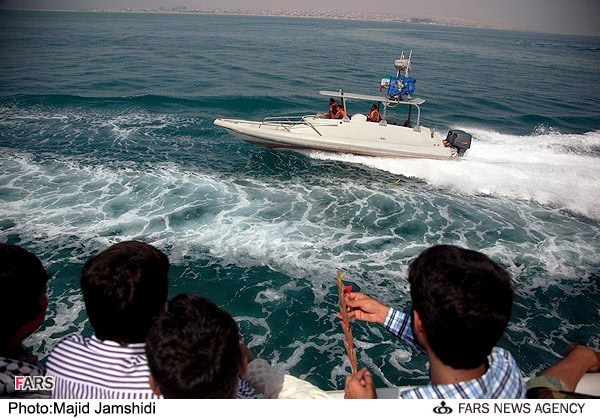Summary | Excerpt | Reading Guide | Reviews | Beyond the Book | Read-Alikes | Genres & Themes | Author Bio

A Novel
by Kaveh AkbarThis article relates to Martyr!
 On July 3, 1988, the USS Vincennes, a Navy missile cruiser stationed in the Persian Gulf, saw on its radar an Iranian aircraft. This aircraft was a passenger airplane, flying from Tehran to Dubai with 290 civilians on board, including 66 children. But the crew of the USS Vincennes identified the airplane as a fighter jet and fired two missiles at it, killing everyone on board.
On July 3, 1988, the USS Vincennes, a Navy missile cruiser stationed in the Persian Gulf, saw on its radar an Iranian aircraft. This aircraft was a passenger airplane, flying from Tehran to Dubai with 290 civilians on board, including 66 children. But the crew of the USS Vincennes identified the airplane as a fighter jet and fired two missiles at it, killing everyone on board.
In the aftermath, the United States deflected responsibility, refused to condemn the attack, and never apologized to the Iranian people. US military officials blamed the pilot and made other attempts to shift accountability. This was during the Iran-Iraq War, for which the US was providing support to Iraq, and the Persian Gulf was full of tension and fighting.
Almost two months after the attack, the Pentagon issued a report that showed, according to Slate, that "nearly all the initial details about the shoot-down—the 'facts' that senior officials cited to put all the blame on Iran Air's pilot—were wrong." At a previous Pentagon press conference on the incident, the chairman of the Joint Chiefs of Staff had said that the Iranian plane was flying at a low altitude and descending at a high speed, "headed directly" for the USS Vincennes, and was outside the prescribed commercial air route. In reality, the plane had been flying at a normal altitude, ascending slowly, and within the established air route.
And yet the Pentagon report still concluded that the officers on the Vincennes were not at fault. The US military stated that while the officers had not "performed perfectly," "to say there were errors made and lessons learned is not necessarily to suggest culpability." Captain Will C. Rogers III, who ordered the attack, was later awarded the Legion of Merit for his service in the Persian Gulf and praised for his "logical judgement."
To not apologize or assume responsibility for killing 290 civilians was a stance that greatly affected the Iranian people, and the attack remains significant to Iranian culture—evidence of the injustices committed by the United States government. For many, it symbolized Iranians' vulnerability to being subject to violence from a foreign government. Some Iranians believed it was deliberate—it was hard to believe that the powerful United States Navy could have made such an obvious error in mistaking a slow airbus for a small and fast fighter jet.
It was not until 1996 that President Clinton expressed "deep regret"—still not issuing an apology or assuming liability—and paid $61.8 million in compensation to the victims' families. In bitter contrast, in that same year, the US was given $1.7 billion from Libya as compensation for the victims of the Lockerbie bombing of Pam Am Flight 103.
Relatives of victims of Flight 655 visit location of shoot-down
Photo by Majid Jamshidi for Fars Media Corporation (CC BY 4.0)
Filed under People, Eras & Events
![]() This "beyond the book article" relates to Martyr!. It originally ran in January 2024 and has been updated for the
December 2024 paperback edition.
Go to magazine.
This "beyond the book article" relates to Martyr!. It originally ran in January 2024 and has been updated for the
December 2024 paperback edition.
Go to magazine.
Your guide toexceptional books
BookBrowse seeks out and recommends the best in contemporary fiction and nonfiction—books that not only engage and entertain but also deepen our understanding of ourselves and the world around us.